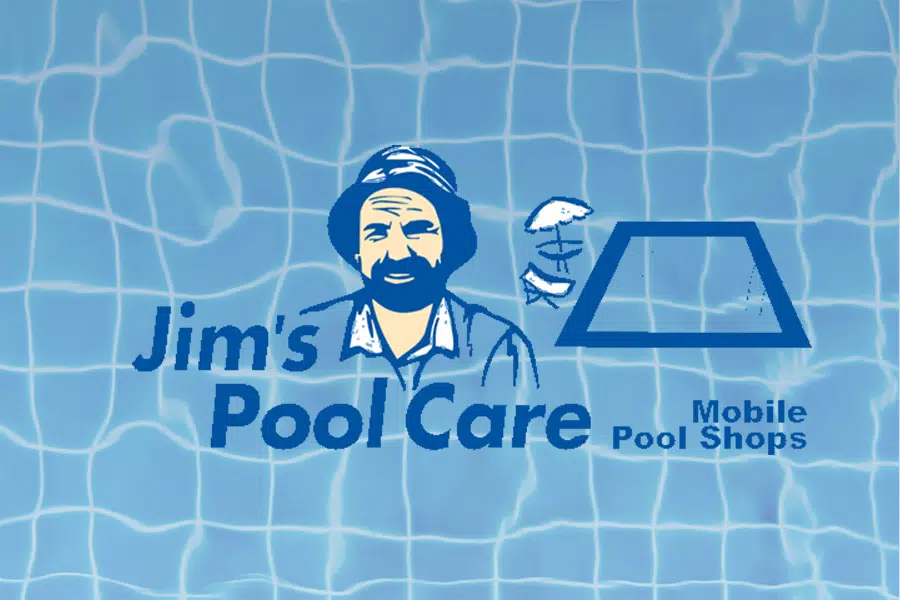
When it comes to maintaining a sparkling clean pool, the heart of your swimming pool system is undoubtedly the pool pump. This essential piece of equipment is responsible for circulating water through the filter, ensuring that it stays clean and clear of debris. However, like any mechanical device, pool pumps can encounter issues that may hinder their performance. Understanding these common problems and knowing how to fix them can save you time, money, and ensure your pool remains a pristine oasis for your enjoyment.
1. The Pump Won’t Start
One of the most common issues you might face is a pool pump that won’t start. This could be due to a variety of reasons such as electrical problems, a tripped circuit breaker, or a faulty motor capacitor. First, check to ensure that the power supply is connected and that no circuit breakers have been tripped. If everything is powered as it should be, listen for a humming sound from the pump motor; a lack of noise might suggest a capacitor issue which may need replacement.








